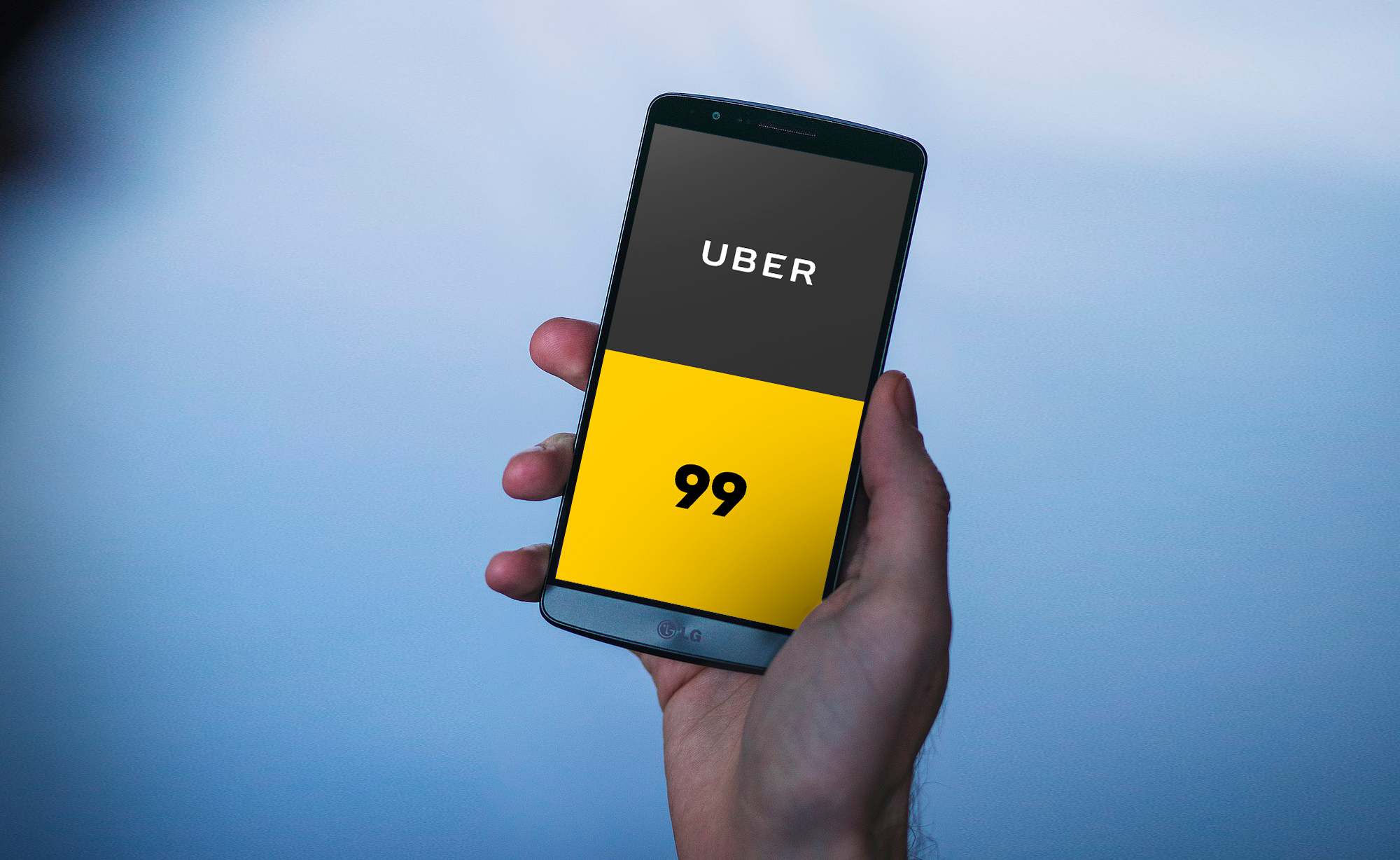RIO DE JANEIRO, BRAZIL – Uber and 99 were sued for allegedly offering services that compete with public transport buses. The class action, brought in June by the National Transport Confederation (CNT), calls for an end to the shared transport modes of the companies: Uber Together and 99compartilha.

According to Jota website, the CNT states that the action aims to “ensure the maintenance of the public service supply of municipal public transportation”. The organization represents bus companies through a collective class action brought in the 4th Civil Court of Curitiba.
The CNT alleges that collective trips, cheaper than individual trips, “compete with the fares charged in municipal public transport to some extent”. Still, according to Jota, a decision favorable to bus companies would hinder the shared modes throughout the country.
To speed up the pace of the proceeding, the confederation made a petition for urgent relief with the argument that bus companies are at risk of failing to “maintain compliance with the concession contracts”.
The prosecutor of the 4th Civil Court of Curitiba, Ana Cristina Marins Brandão, disagreed with the petition. She said the shared Uber and 99 modes do not compete with buses because they have reduced coverage in cities.
Judge Eduardo de Mello Leitão Salmon agreed with the prosecutor and denied the petition. In his opinion, the CNT failed to prove that the Uber and 99 shared modes “may result, in the short-term, in irreparable damage or damage difficult to repair to collective public transport”.
The petition for urgent relief was further rejected in an appeal brought by CNT. The referenced rapporteur Francisco Jorge found that a service such as Uber Together and 99compartilha is “a private economic activity of public utility that differs from the public service of public transport”.
To Tecnoblog, Uber stated that its shared mode complements public transport. “Uber Together contributes to reducing the impact of traffic jams, offering more affordable prices to users while sustaining the gains of partner drivers”. The company further argued that studies do not point to a mass migration of public transport users to Apps.
99 asserted that the private passenger transport service, individual or shared, is in accordance with the legislation and the understanding of the Supreme Court. “99 will submit its arguments in the record and is available to the Court for clarification relevant to the case,” says the company.
The parties involved in the case should meet on Thursday, November 7th, at a conciliation hearing.

